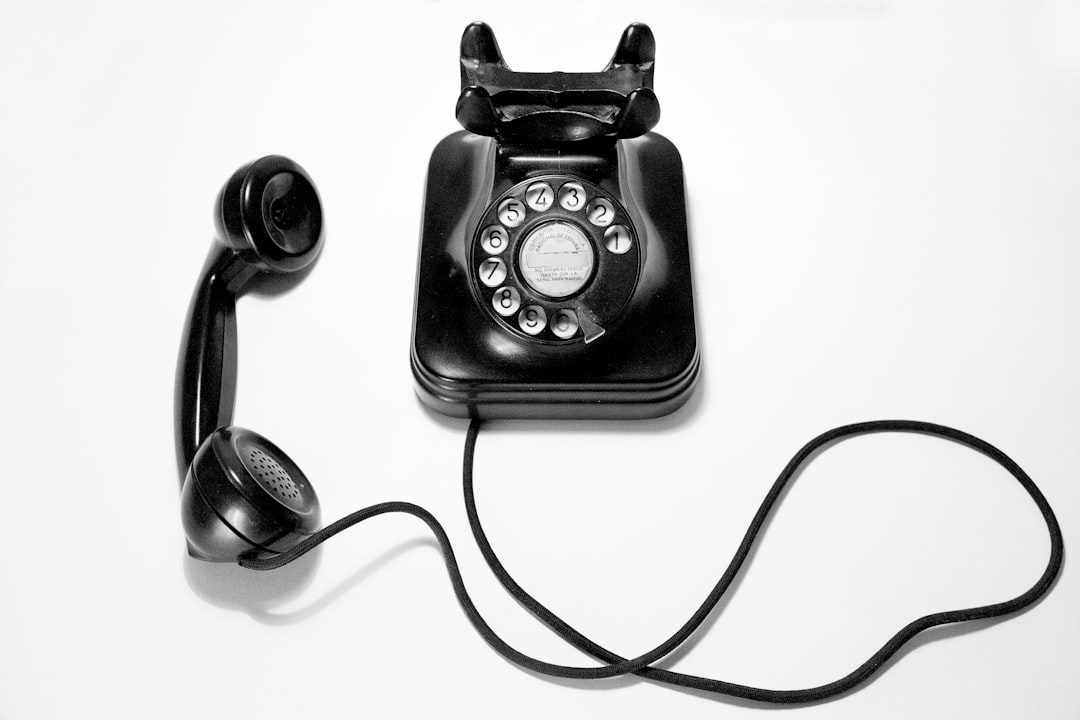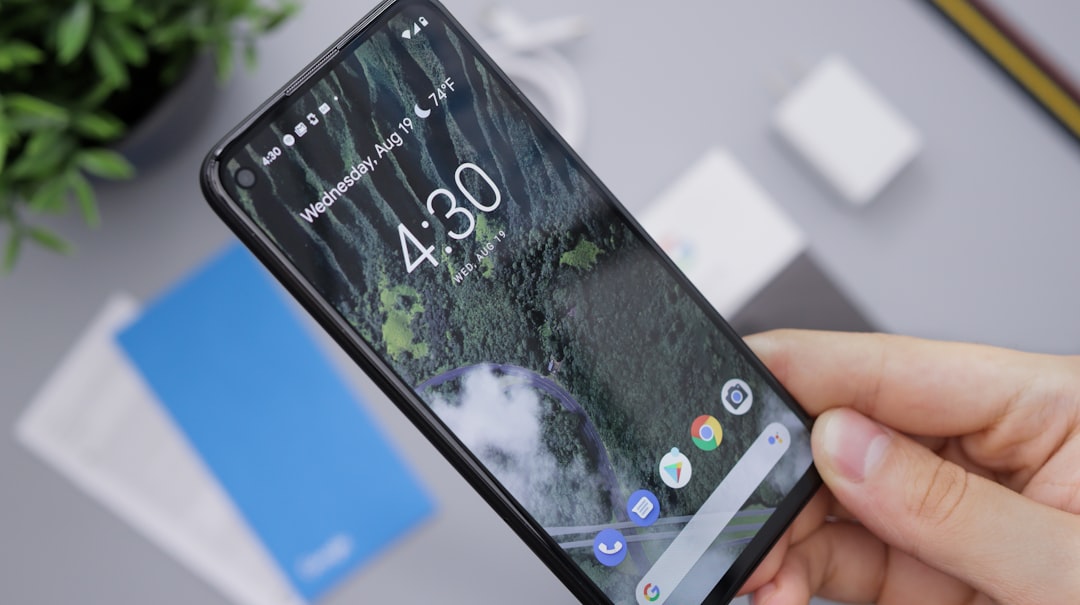In North Carolina, robocall legislation is a hotly debated topic due to privacy and nuisance issues. State laws protect residents from automated calls, enabling legal action against violators, including the potential to "Can I Sue For Robocalls North Carolina." While some advocate for suing as a deterrent, it's a complex process with no guarantee of success. The Telephone Consumer Protection Act (TCPA) offers protections and options like seeking damages or injunctions, but clarity on whether suing is an effective global solution remains uncertain.
In Raleigh, as across the nation, robocalls have become a pervasive nuisance. The debate over robocall legislation in North Carolina is heated, with advocates pushing for stricter regulations and opponents citing free speech concerns. This article delves into the intricacies of robocall laws in the state, exploring both the benefits and drawbacks of suing for unwanted calls, and guiding residents on protecting their rights in this complex legal landscape, particularly considering if one can sue for robocalls in North Carolina.
Understanding Robocall Legislation in North Carolina

In North Carolina, like many other states, robocall legislation has become a hotly debated topic. These automated phone calls, often used for political or telemarketing purposes, have raised significant consumer concerns over privacy and nuisance. The laws in this state aim to protect residents from unwanted and deceptive calling practices.
North Carolina’s regulations allow individuals to take action against robocallers. If you believe you’ve received a violative robocall, you might consider legal recourse. The Can I Sue For Robocalls North Carolina query is indeed a valid one for consumers facing persistent or malicious automated calls. Knowing your rights and understanding the state’s legal framework can empower residents to take steps against these bothersome practices.
The Pros and Cons of Suing for Robocalls

In North Carolina, as in many states, the debate over robocalls has sparked a discussion on individual rights and regulatory measures. One extreme option that some residents consider is suing for robocalls. Proponents argue that legal action can deter telemarketers and protect consumers from unwanted and intrusive calls. Filing a lawsuit sends a clear message that such practices are unacceptable, potentially leading to financial consequences for the offenders. This approach empowers individuals by holding companies accountable for their marketing strategies.
However, there are also drawbacks to this method. Suing for robocalls can be an arduous and costly process. Not all cases succeed, and legal fees may outweigh the potential damages. Moreover, it might not effectively curb robocalls altogether, as many companies operate in different jurisdictions, making international legal actions challenging. Therefore, while suing offers a sense of justice, it may not provide a comprehensive solution to the pervasive issue of unwanted telemarketing calls.
Protecting Your Rights: Navigating the Legal Landscape

In North Carolina, just as in many other states, robocalls have become a pervasive and often annoying aspect of modern life. While automated phone calls can provide valuable information, they also pose significant risks to consumers’ privacy and peace of mind. One of the primary ways individuals can protect their rights against unwanted robocalls is by understanding the legal landscape surrounding them.
In North Carolina, there are laws in place to combat excessive robocalling, including the Telephone Consumer Protection Act (TCPA). This federal law prohibits automated phone calls from being made to consumers without prior express consent. If you’ve received a robocall and believe your rights have been violated, you may be able to take legal action. This could involve suing the caller for damages or seeking injunctive relief to stop the practice. Can I Sue For Robocalls in North Carolina? Absolutely, if the calls are unauthorized and cause you harm or distress.






